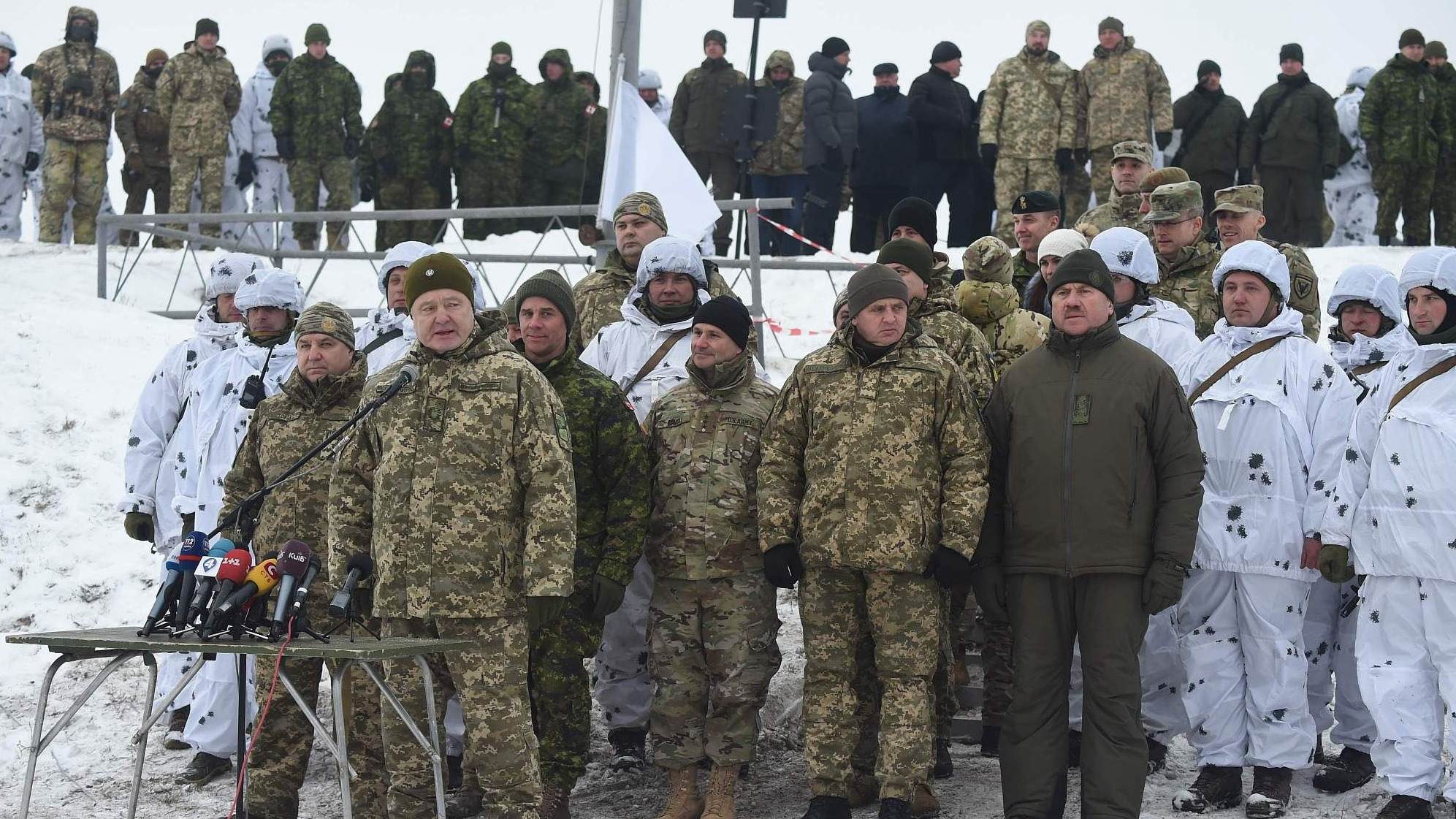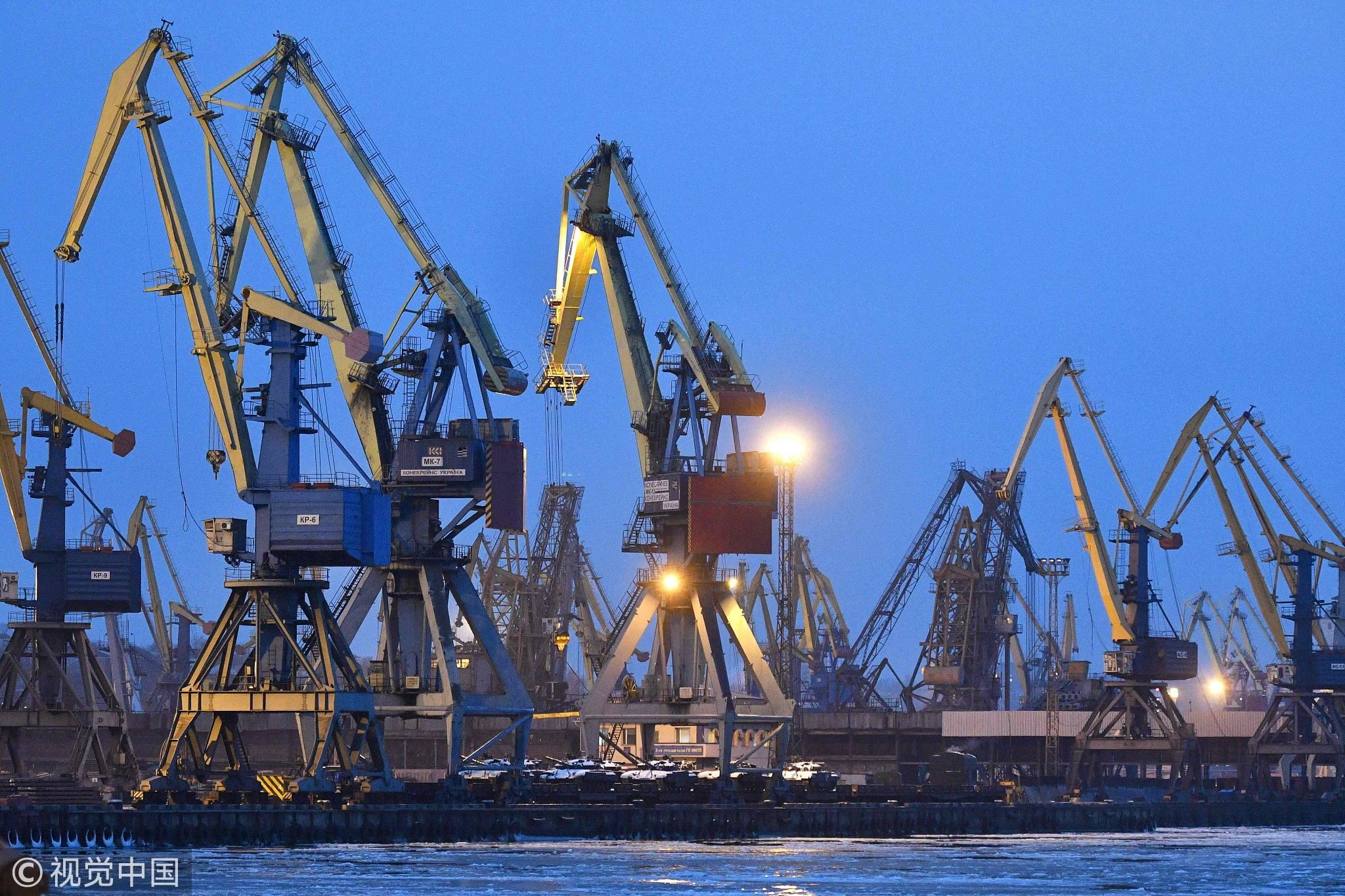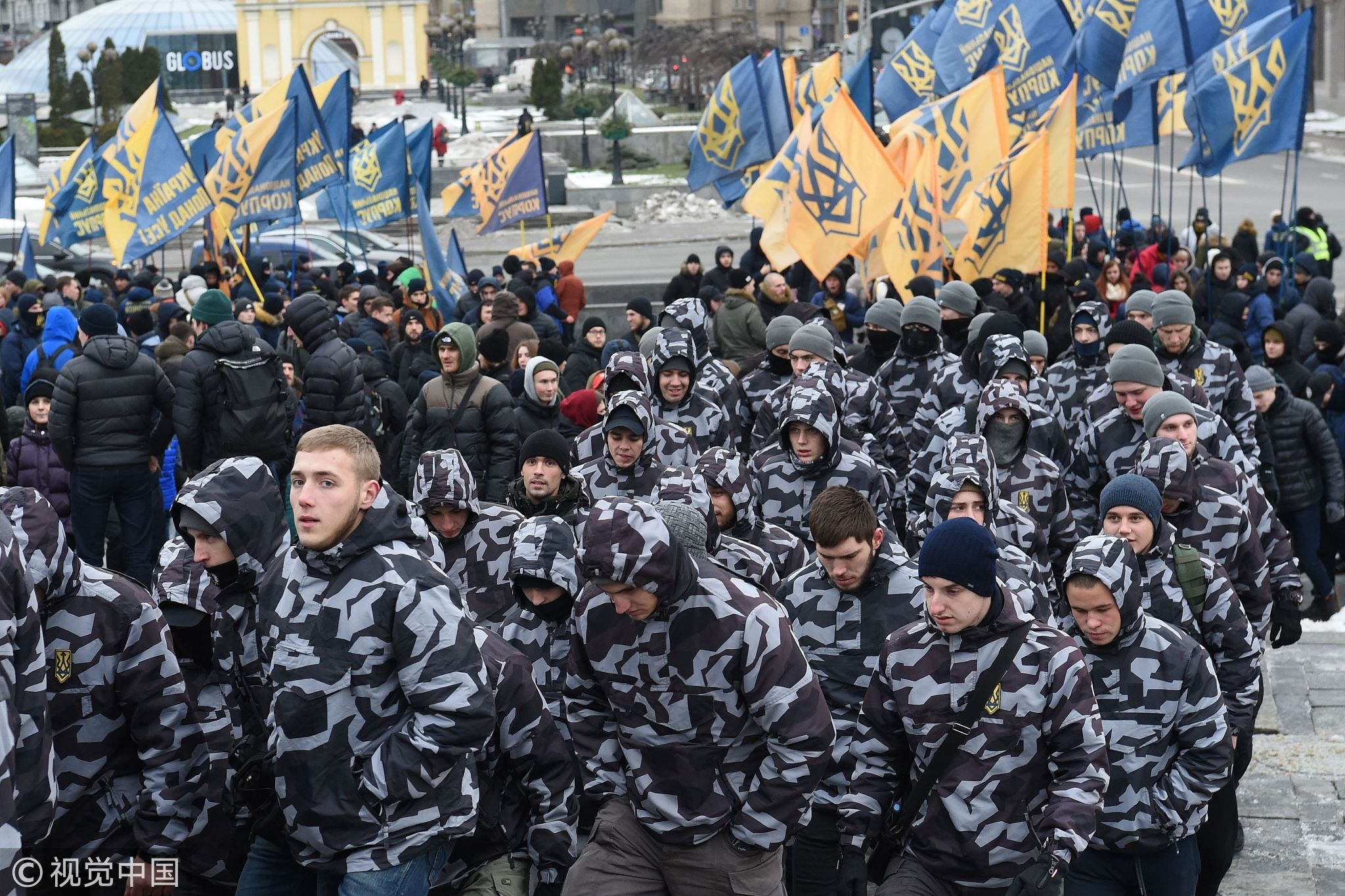
Opinions
10:32, 09-Dec-2018
Opinion: How will the Ukrainian crisis affect Russia-West geopolitical game?
Updated
09:43, 12-Dec-2018
Viktoria Ivanchenko

Editor's note: Viktoria Ivanchenko is editor-in-chief of PICREADI (Creative Diplomacy), Moscow, Russia. The article reflects the author's opinions and not necessarily the views of CGTN.
The Ukrainian crisis has become a serious shock for Russia-West relations and for a long time it will remain one of the strongest irritants not only in mutual relations but in the global dimension as well.
Of course, the Western countries will continue openly supporting and protecting the Ukrainian position in the current crisis, but the West is not ready to fight for Ukraine and will try to avoid any tangible escalation. The incident in the Sea of Azov on November 25 clearly shows it. The Western countries were not willing to go beyond verbal reproach and concern. Soon it will become just another story of long-lasting and protracted confrontation.
All parties try to use the conflict in Ukraine in their domestic policies and as a tool of pressure on each other. In many senses, for the main actors, it has already become profitable to keep up the existing situation. For the Ukrainian government, the semi-frozen conflict in the Sea of Azov is an attempt to conceal failures in the economy and social sphere.
For the Western countries and Russia, it is now a method to seek their global interests in the international arena and resolve issues of mutual relations which go far beyond the Ukrainian case.

Ukrainian tanks are seen in the Mariupol Sea Port of Azov, eastern Ukraine, on December 2, 2018. /VCG Photo
Ukrainian tanks are seen in the Mariupol Sea Port of Azov, eastern Ukraine, on December 2, 2018. /VCG Photo
The Azov incident showed another significant problem; that is the absolute helplessness of the Minsk Agreements. Russia and Ukraine have direct clashes while other members of the Normandy format Germany and France are trying to deal with complex political crises inside their countries. The provisions of the agreements are widely ignored and control mechanisms are just running out.
There is a serious risk that the Ukrainian government will try to use the winter period to get its revenge and oppress dissidents inside. That can lead to a new spiral of escalation similar to the fighting in the Donbas in January 2015, which finally led to the conclusion of the Minsk II Agreements. The Minsk II helped to stop active war operations and to organize prisoner exchanges between Ukraine and unrecognized republics in east Ukraine. But it could not resolve any serious issues which still have high potential to explode.
Likewise, Ukraine is far away from membership both in the European Union (EU) and NATO. The European agenda is critically important for the domestic discourse in Ukraine but both organizations do not seriously consider Ukraine as a new member.

Supporters of the Ukrainian far-right party National Corp chant slogans as they attend a rally on the Independence Square in Kiev on December 7, 2018. /VCG Photo
Supporters of the Ukrainian far-right party National Corp chant slogans as they attend a rally on the Independence Square in Kiev on December 7, 2018. /VCG Photo
On the one hand, the Europeans feel obliged to justify the hopes of the Ukrainian people for the European track of development in Ukraine and public support of it, but on the other hand, Ukraine is a bunch of unresolved crises and conflicts including internal splits among its people. There remains serious internal opposition to the so-called European choice of Ukraine.
The NATO bloc could be a good speculation instrument for Ukraine, first of all, in relations with Russia. But, first, NATO does not accept candidate states which have unresolved territorial disputes and, second, expansion to Russia's longest European border will lead to the militarization of the border or even direct clashes. That is obvious for both NATO and Russia. At present, it is more likely that the EU and NATO will play the Balkan card in its enlargement policy.
The Ukrainian case also will remain the justification of the sanctions policy against Russia for the European countries, although it is quite painful for European businesses. Russia will also preserve its sanctions against the EU and Ukraine. Considerable shifts are possible only in case of progressive conflict settlement both on the Russia-Ukraine and Russia-EU level. Russia-US relations have other dimensions.
And the current crisis is rooted not in Ukraine but in more fundamental issues. But, nevertheless, the resolution of the Ukrainian crisis could contribute to the stability of Eurasia though it will consume years or even decades to reach consensus.
(Cover Photo: Ukrainian President Petro Poroshenko speaks to servicemen taking part in brigade tactical exercises with combat shooting near Goncharivske village, Chernihiv region, not far from the border with Russia on December 3, 2018. /VCG Photo)
(If you want to contribute and have specific expertise, please contact us at opinions@cgtn.com.)

SITEMAP
Copyright © 2018 CGTN. Beijing ICP prepared NO.16065310-3
Copyright © 2018 CGTN. Beijing ICP prepared NO.16065310-3